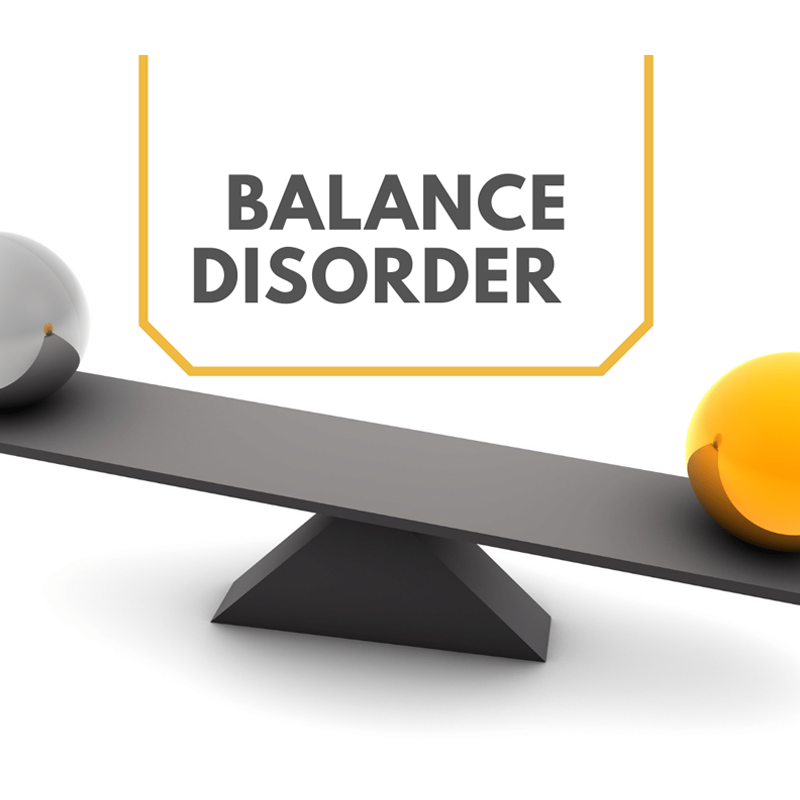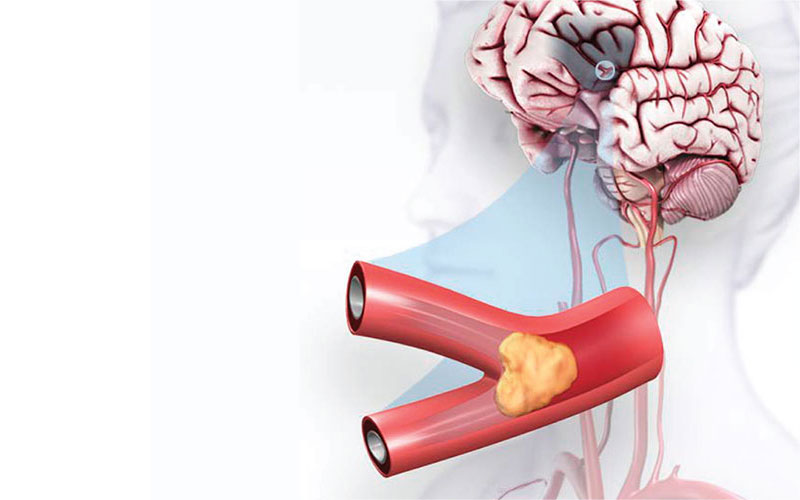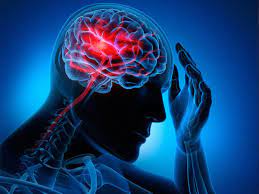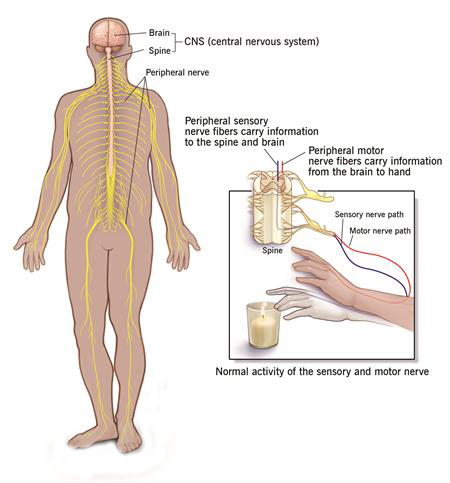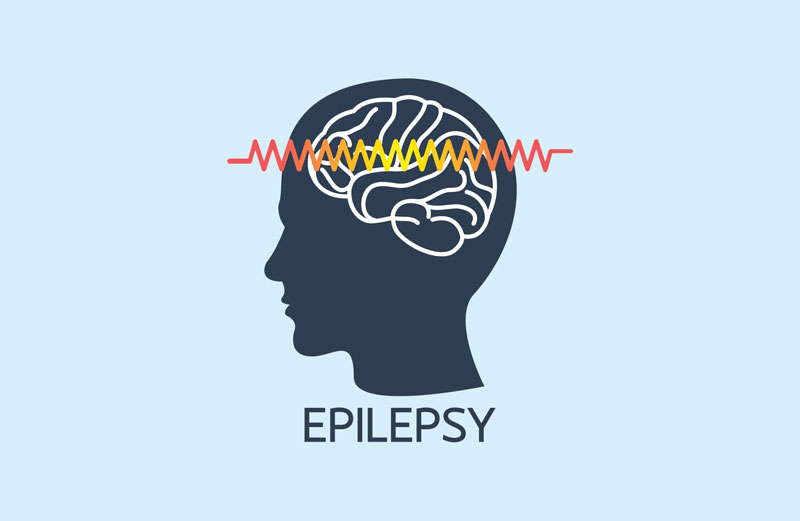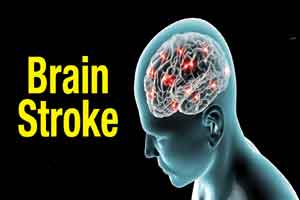8 Essential Habits To Prevent A Second Stroke

After a stroke, taking proactive steps to prevent a
recurrence is crucial for maintaining a healthy and independent life. Here are
8 essential habits that can help significantly reduce the risk of a second stroke:
Slim
Down:
Excess weight can also impact on brain health, increasing the
risk of stroke. Achieving and maintaining a healthy weight through a balanced
diet and regular physical activity can lower your stroke risk significantly.
Get
Active
Physical activity is also beneficial for brain health.
Regular exercise can help improve cognitive function, reduce the risk of
neurodegenerative diseases, and enhance memory and focus. Additionally,
physical activity can reduce stress and anxiety, which are risk factors for
brain conditions like stroke and other types of brain injury. Regular physical
activity may also help protect against the damaging effects of high blood
pressure on the brain, reducing the risk of stroke or brain hemorrhage.
Quit
Smoking
Quitting smoking has profound benefits for brain health.
Smoking accelerates the aging of the brain by impairing blood flow, which can
lead to cognitive decline and increase the risk of stroke. The toxins in
cigarettes damage blood vessels, raise blood pressure, and promote clotting,
all of which can contribute to reduced oxygen and nutrient delivery to the
brain. Over time, this can result in an increased risk of stroke, dementia, and
other neurodegenerative diseases.
Stop
Drinking
Drinking alcohol in excess can raise blood pressure and
contribute to unhealthy weight gain, both of which are stroke risk factors. If
you choose to drink, limit alcohol to no more than one drink per day for women
and two drinks per day for men. Cutting back on alcohol will improve your
overall health and reduce your stroke risk.
Eat
Right
A well-balanced diet that’s low in saturated fats, sodium,
and processed foods is essential for stroke prevention. Focus on eating plenty
of fruits, vegetables, whole grains, lean proteins, and healthy fats, such as
those found in nuts, seeds, and olive oil. This will help manage blood
pressure, cholesterol levels, and blood sugar important factors in preventing a
second stroke.
Manage
Your Medications
If you’ve been prescribed medications to reduce your stroke
risk (such as blood thinners, blood pressure medication, or
cholesterol-lowering drugs), take them exactly as prescribed. Regularly check
in with your doctor to ensure the medications are working as intended and
discuss any side effects or concerns.
Lower
Blood Pressure
High blood pressure is one of the most significant risk
factors for stroke. Keeping your blood pressure in a healthy range (typically
below 130/80 mmHg) through medication, lifestyle changes, and regular
monitoring is key to preventing another stroke.
Monitor
Related Conditions
Conditions such as diabetes, high cholesterol, atrial
fibrillation, and sleep apnea can increase your risk of having a stroke. It’s
important to manage these conditions with the help of your doctor. Regular
check-ups and monitoring allow for early intervention and reduce the chances of
complications that could lead to another stroke.
Preventing a second stroke is a journey that involves
commitment and consistent effort.
Dr Varun Reddy
DM Neurology, AIIMS New Delhi
Senior Neurologist
WhatsApp message us : +91 73865 77796
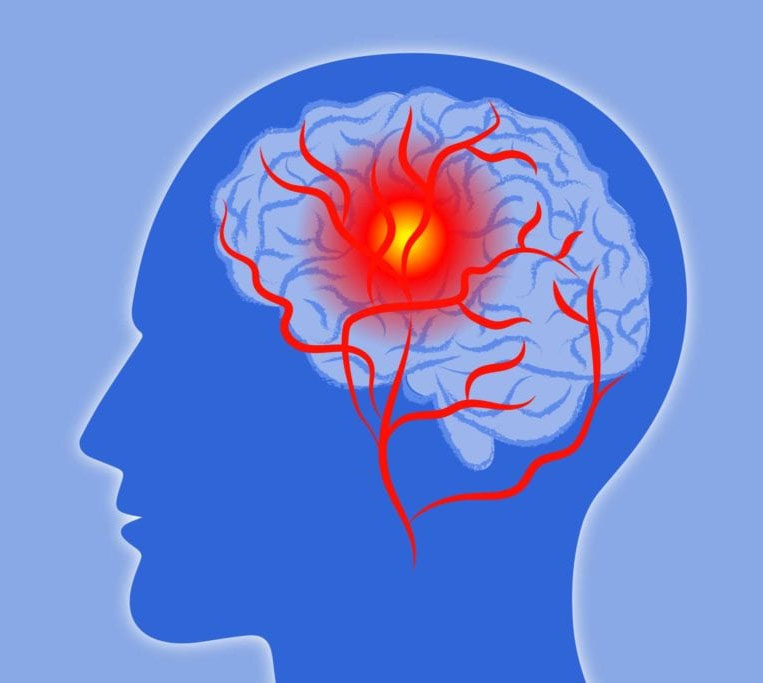

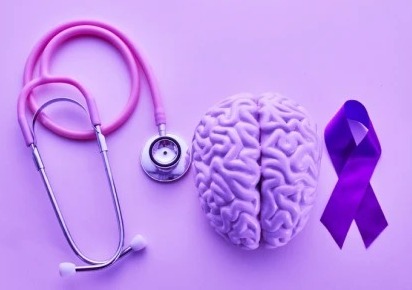
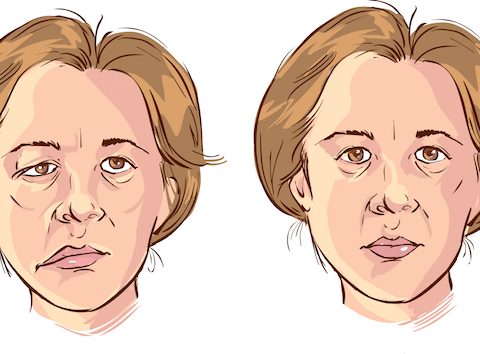

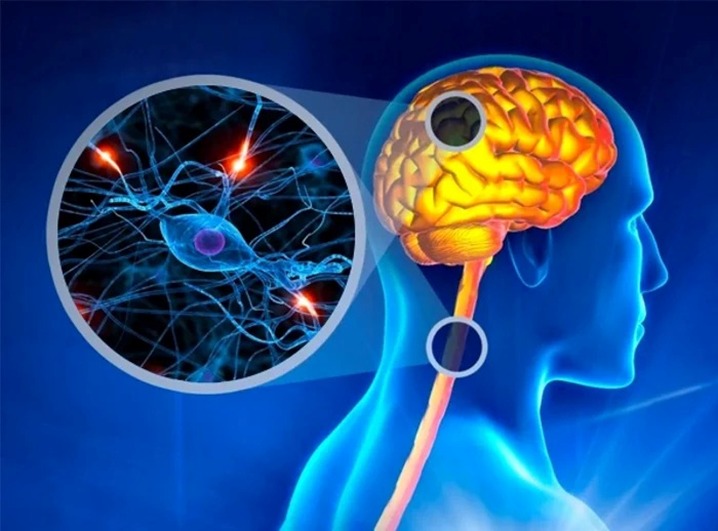
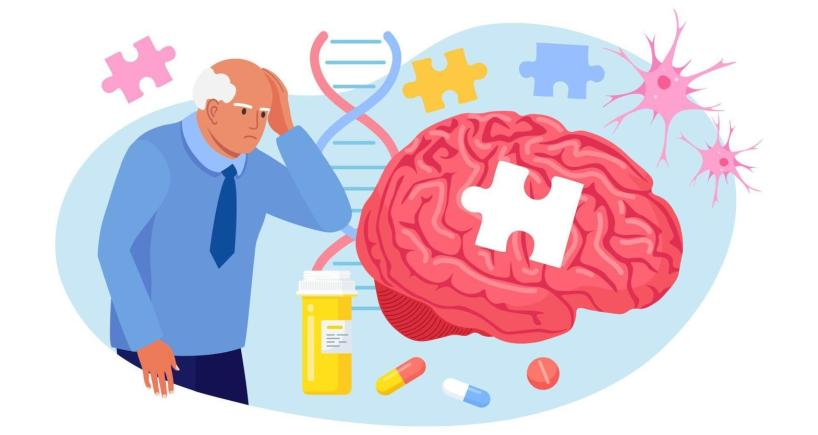
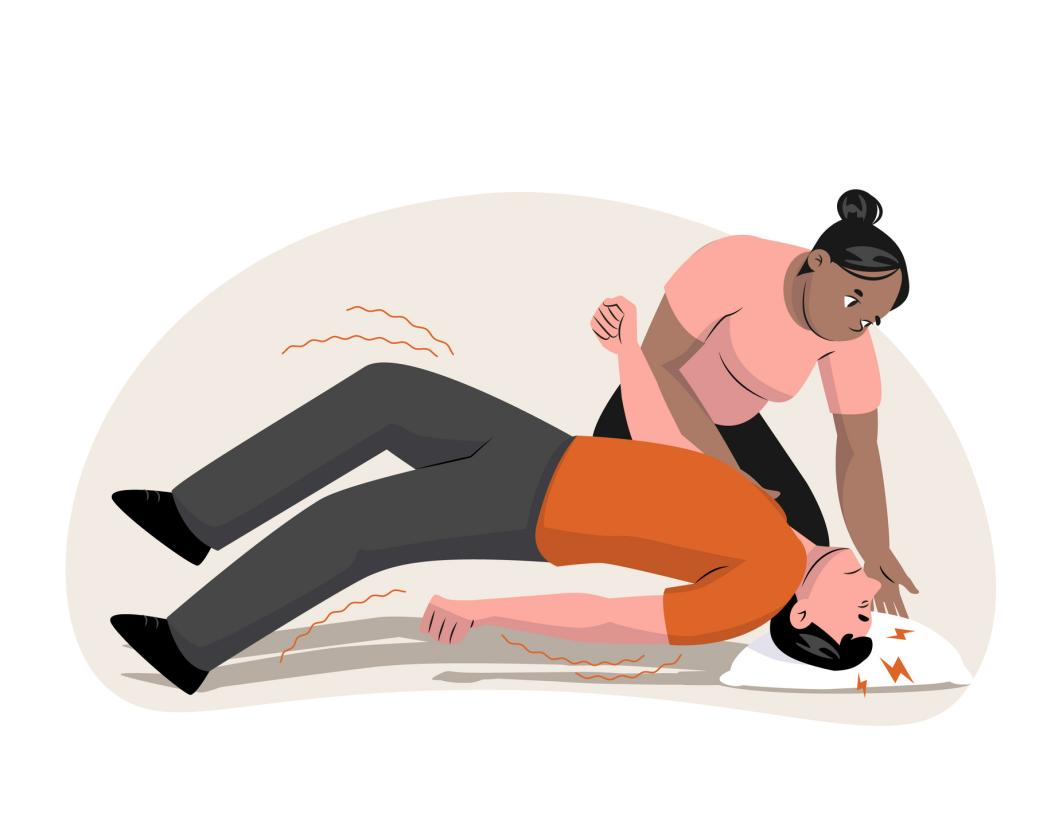
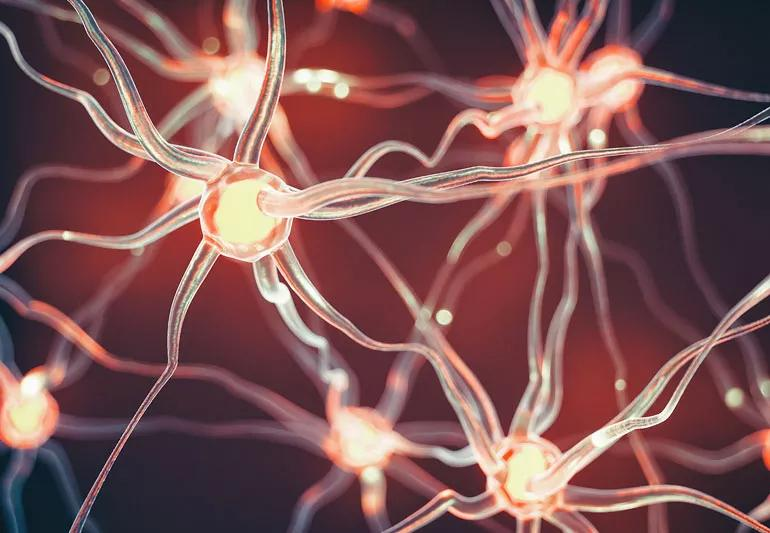

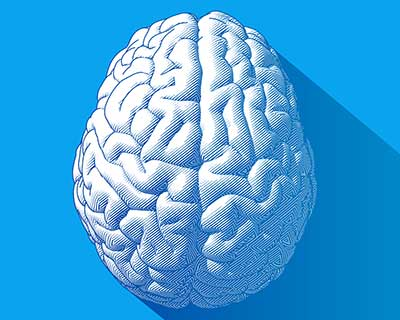

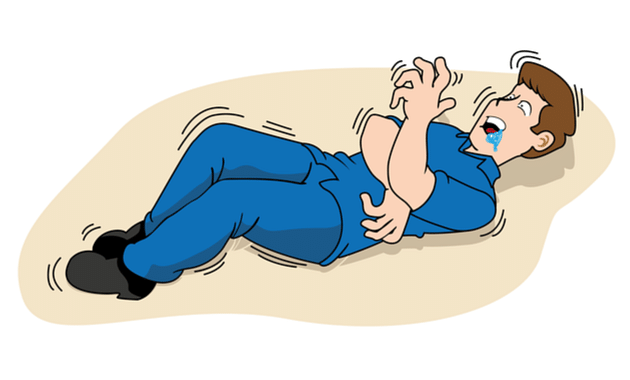
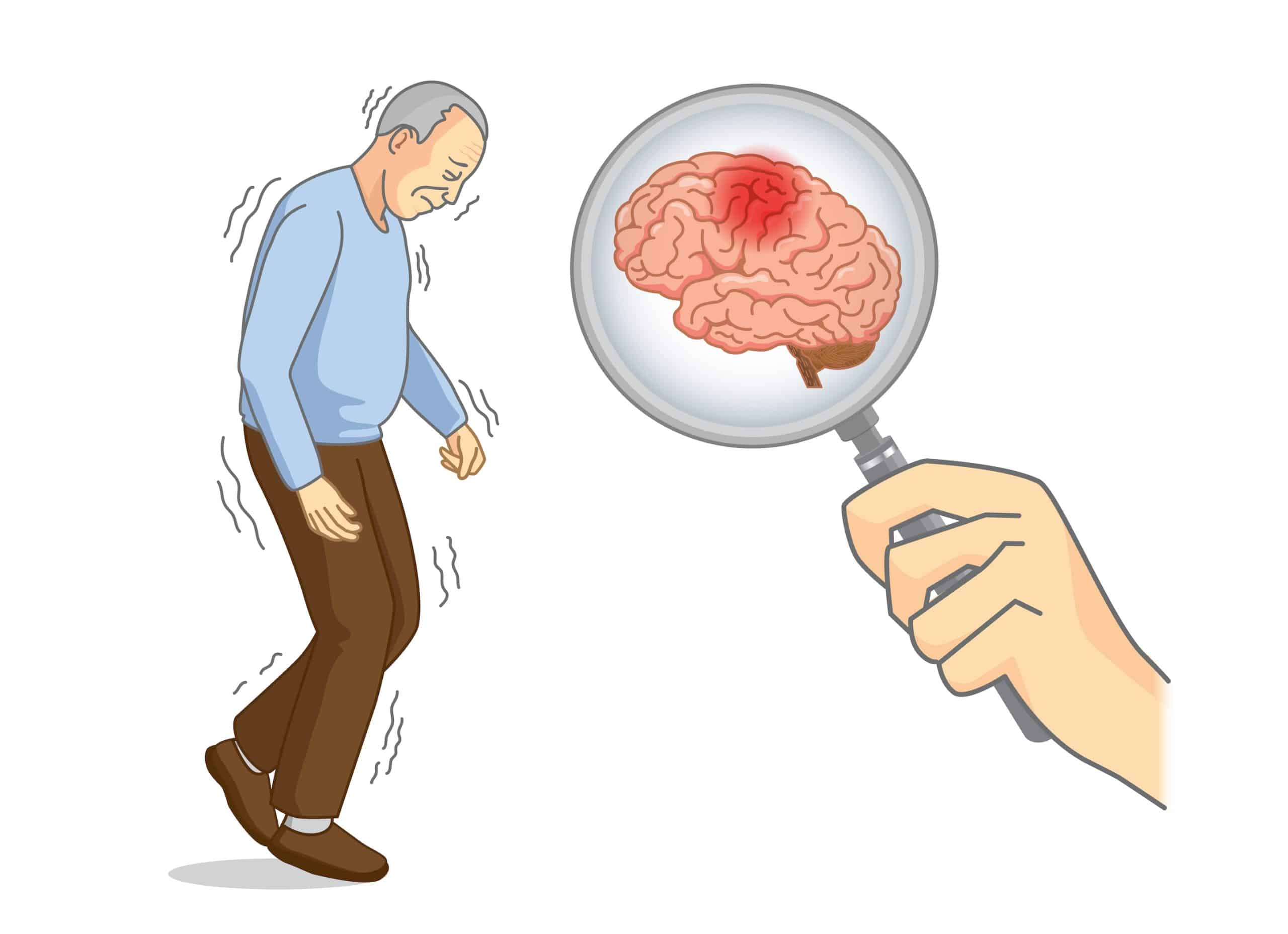
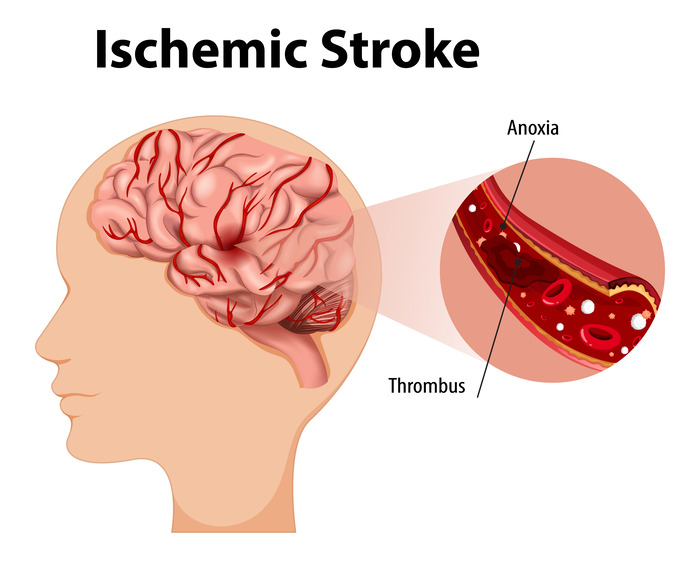
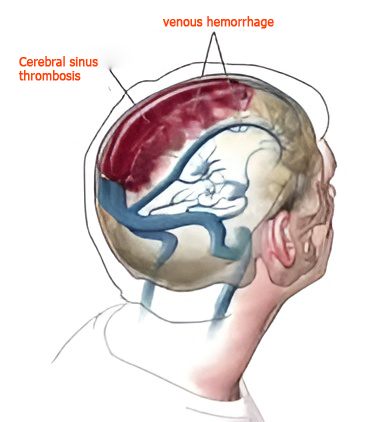

.jpg)
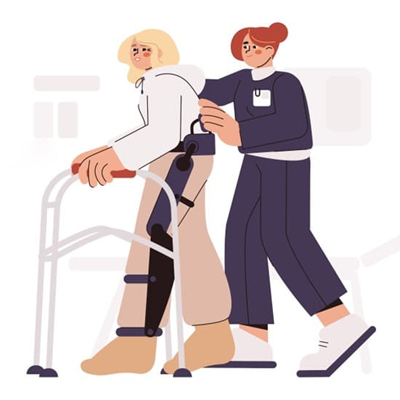
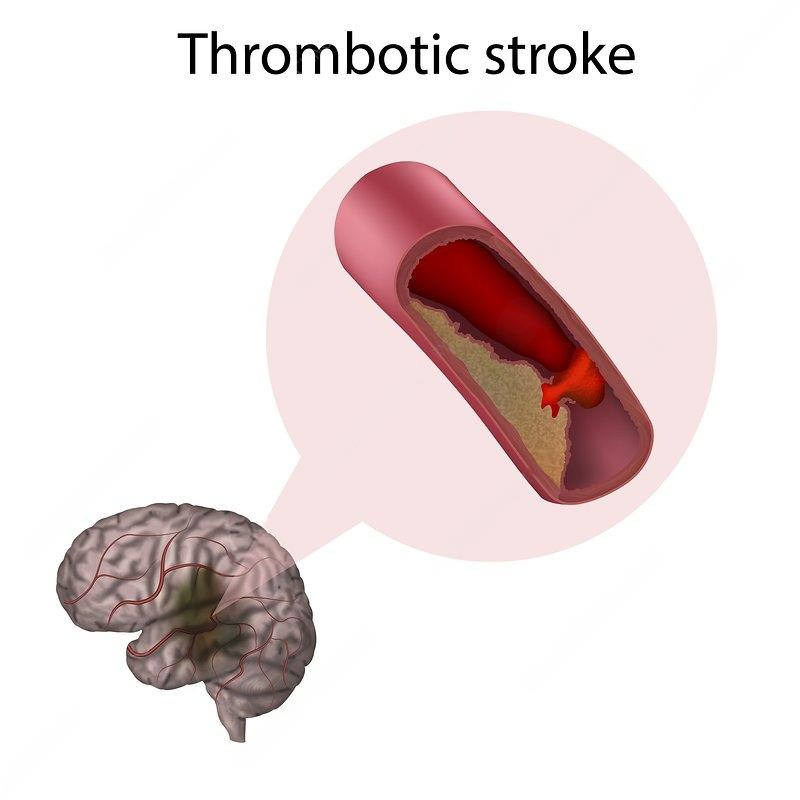
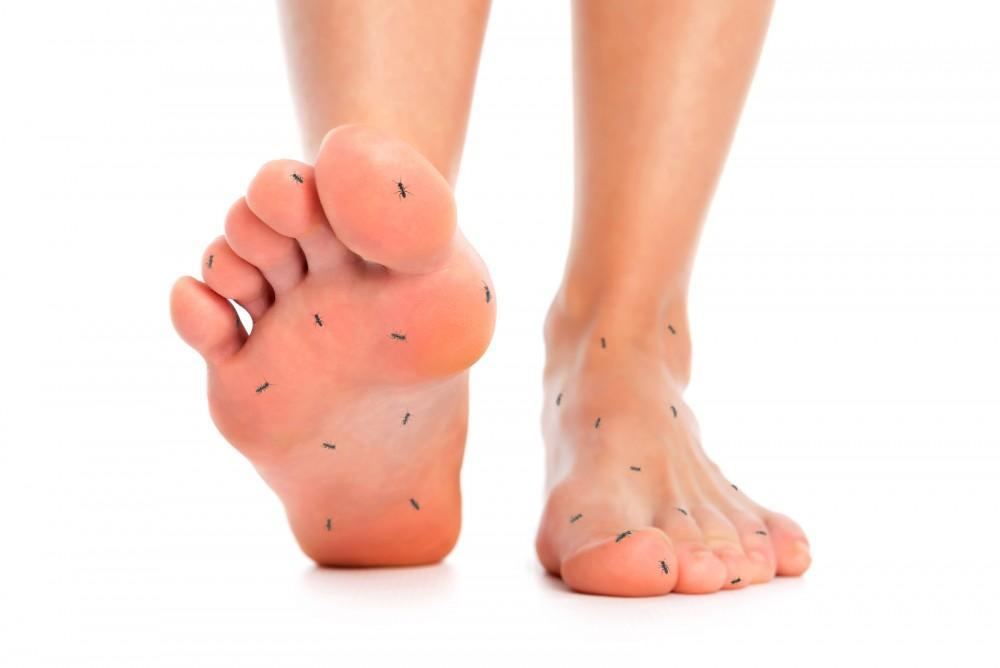

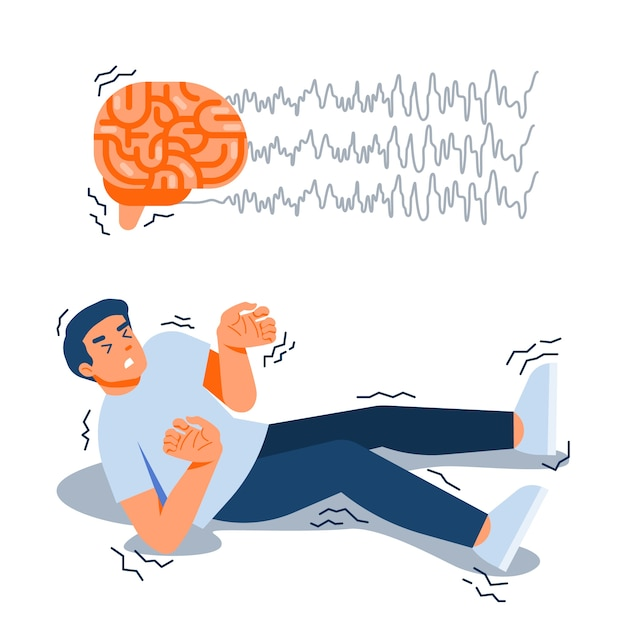
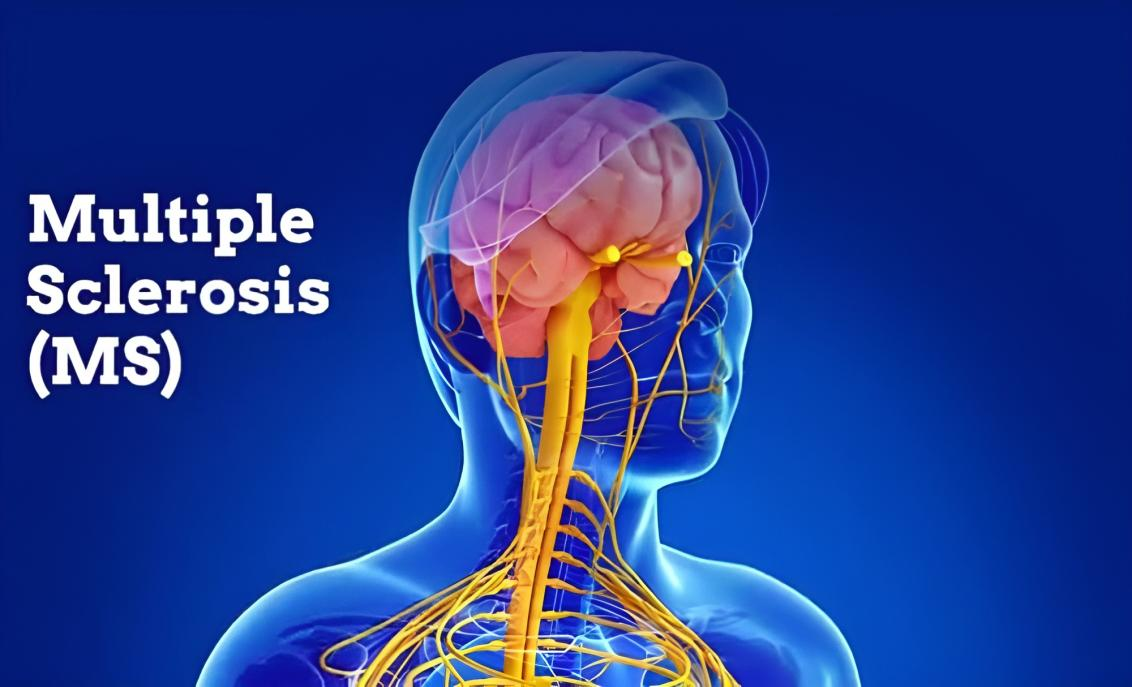
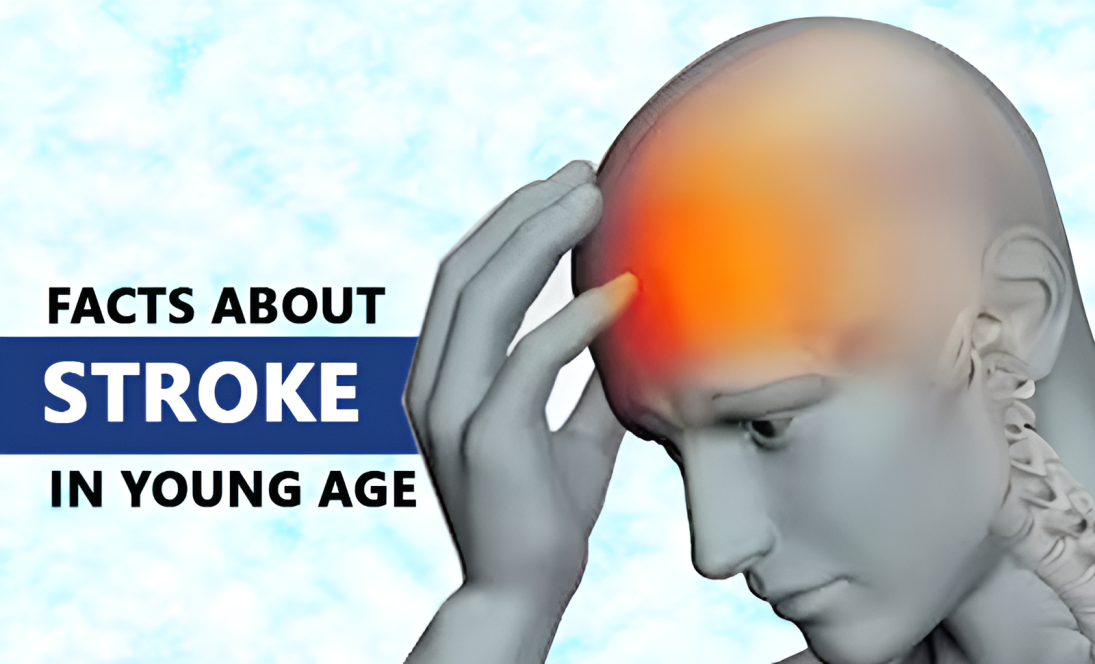

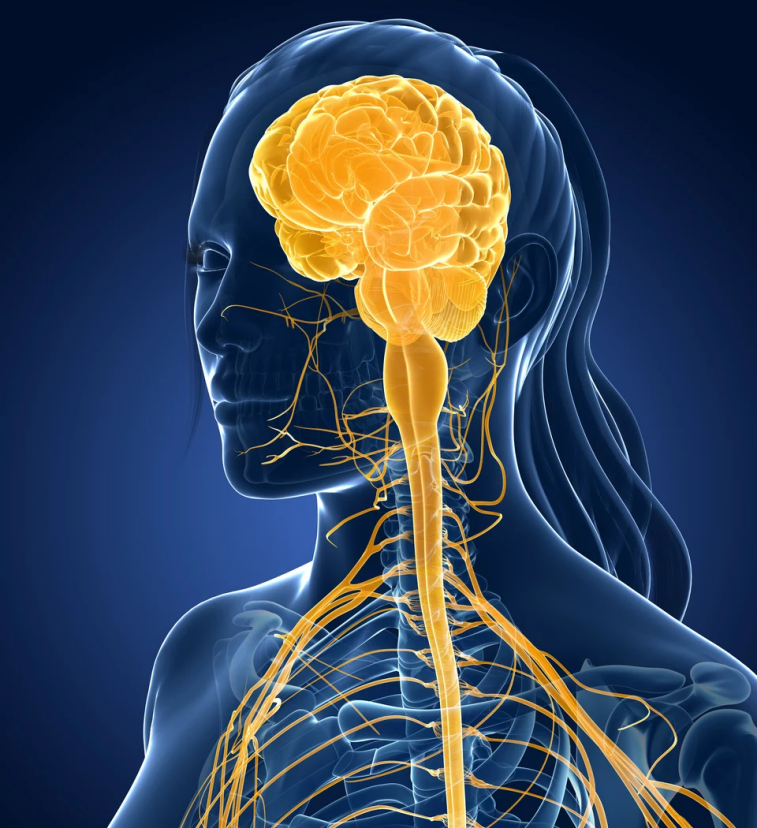
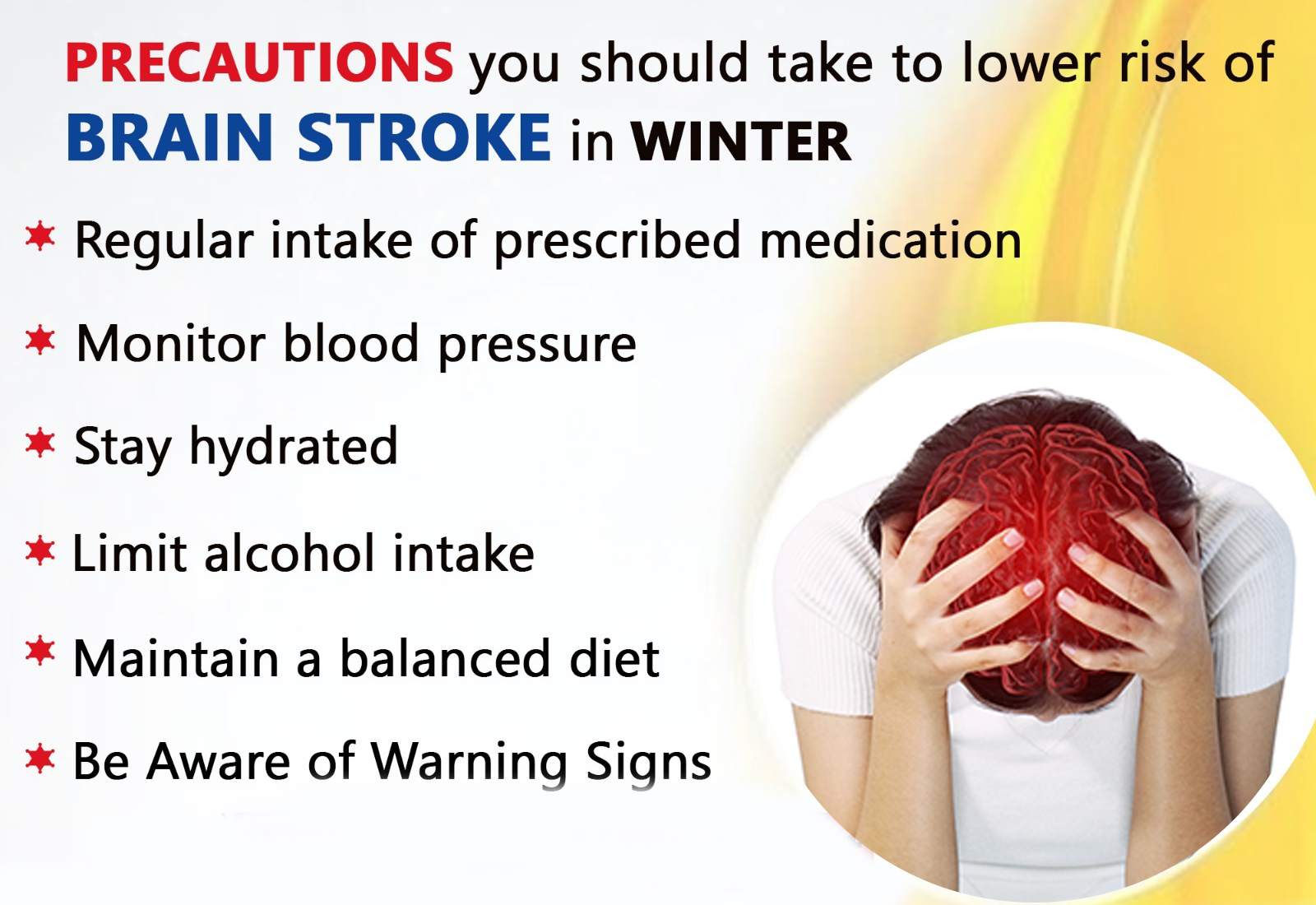
.png)

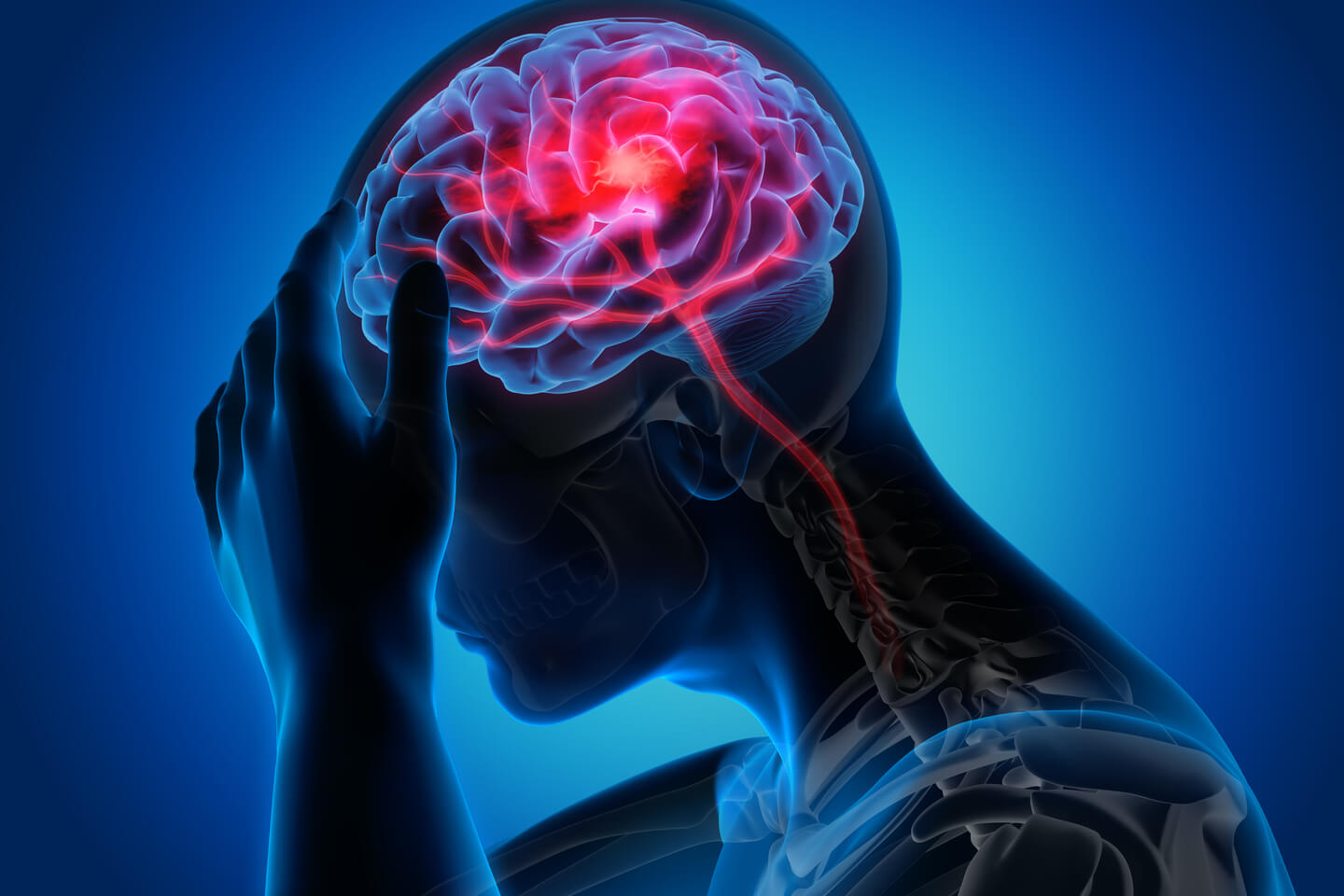
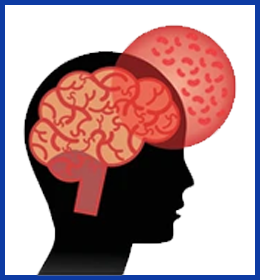
.png)
.png)
